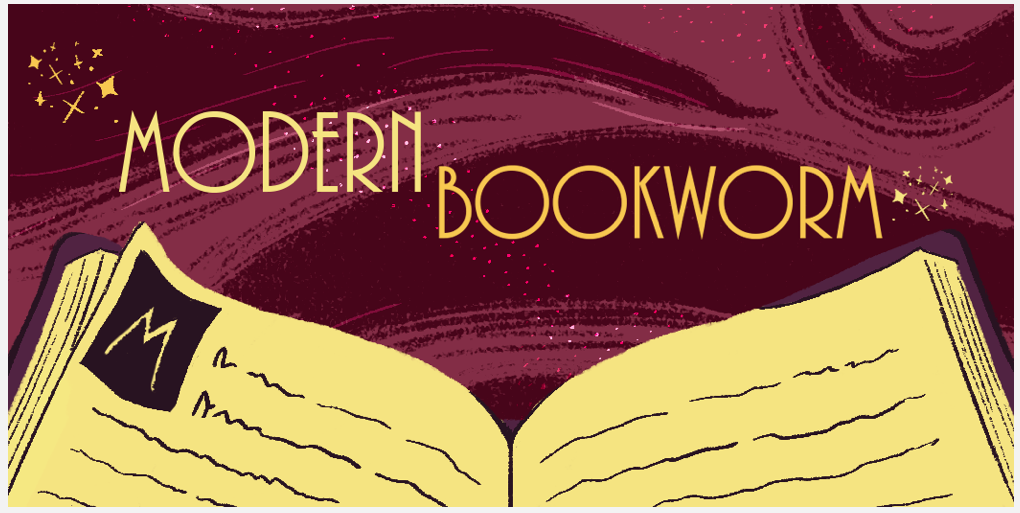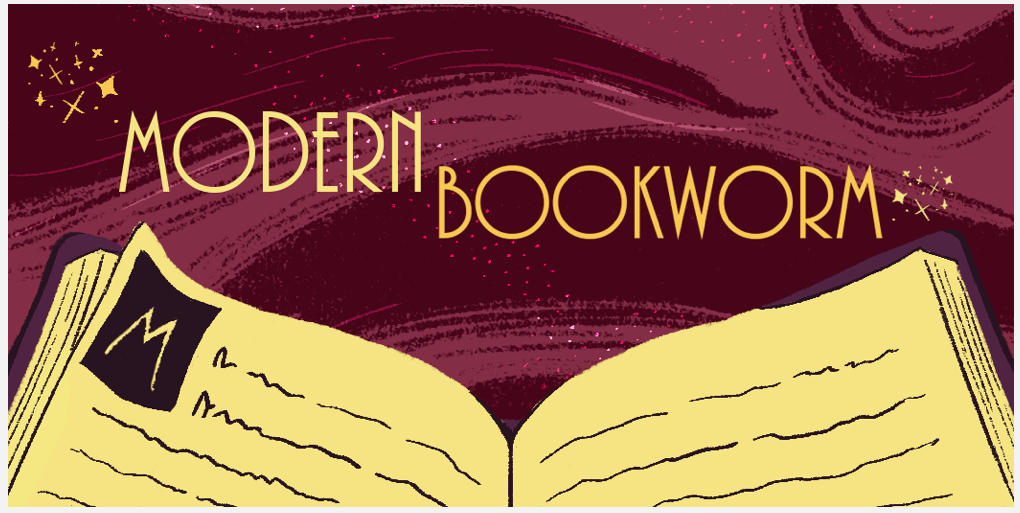
As the UTD TV News Director, I spend a lot of time in the student media office reading other news publications, sitting in meetings about how to improve the organization and doing my research to understand journalism better as a whole.
Yesterday, I sat down and read all 25 pages of “‘A Rape on Campus’ What Went Wrong” published by Rolling Stone after a independent review was conducted regarding their controversial story “A Rape on Campus” last November.
The review was conducted by scholars at the Columbia University Graduate School of Journalism — Shelia Coronel, dean of academic affairs at the Columbia Graduate School of Journalism, Steve Coll, dean of the school and Derek Kravitz, a postgraduate research scholar.
I, honestly, found the report to be a fascinating read. This is where everyone calls me a nerd, but as consumers of the news, we should be curious about the reporting that goes into the stories we find on our Facebook feeds or delivered to our inboxes every morning.
We give journalists a lot of grief about print being a dying medium or about the media sensationalizing stories, but at the root of it all, for the most part, we believe what is printed especially in publications with reputations such as Rolling Stone.
On the flip side, as a journalist, this inherent trust that we are given by our readers isn’t something we take lightly. Believe me when I say the last thing I want to wake up to in the morning is an email from a source saying I didn’t get something quite right or even worse, misspelling someone’s name or getting some other fact wrong. We take a lot of pride in our reputation and credibility.
As student media for UTD, we take a lot of pride in the accuracy and balance in our stories. As an aside, we aim for this balance and accuracy in everything that we produce, so if we don’t, please let us know because as student journalists, we are still learning.
Rape is hard to write about. Actually, the best stories are the hardest to write. But they’re also the best stories to tell. As journalists we are story tellers. We are skeptics. We are researchers. But we have to remain those if we aim to continue proving why journalists have a place in the world.
Columbia offered numerous reasons and ways Rolling Stone could have prevented releasing an article with so many gaps. At the very root of it, however, was not being skeptical enough. Sometimes, I think especially as student journalists, we are quick to believe the narratives of those around us, especially when it comes to administrators, professors and other professionals we may cross paths with.
I think as student journalists, we should constantly be learning from those around us. I think this “failure of journalism” is an important and key read for all editors and consumers because the scary thing is that if it wasn’t Rolling Stone, I’d say it was only a matter of time before it was some other major news publication.








